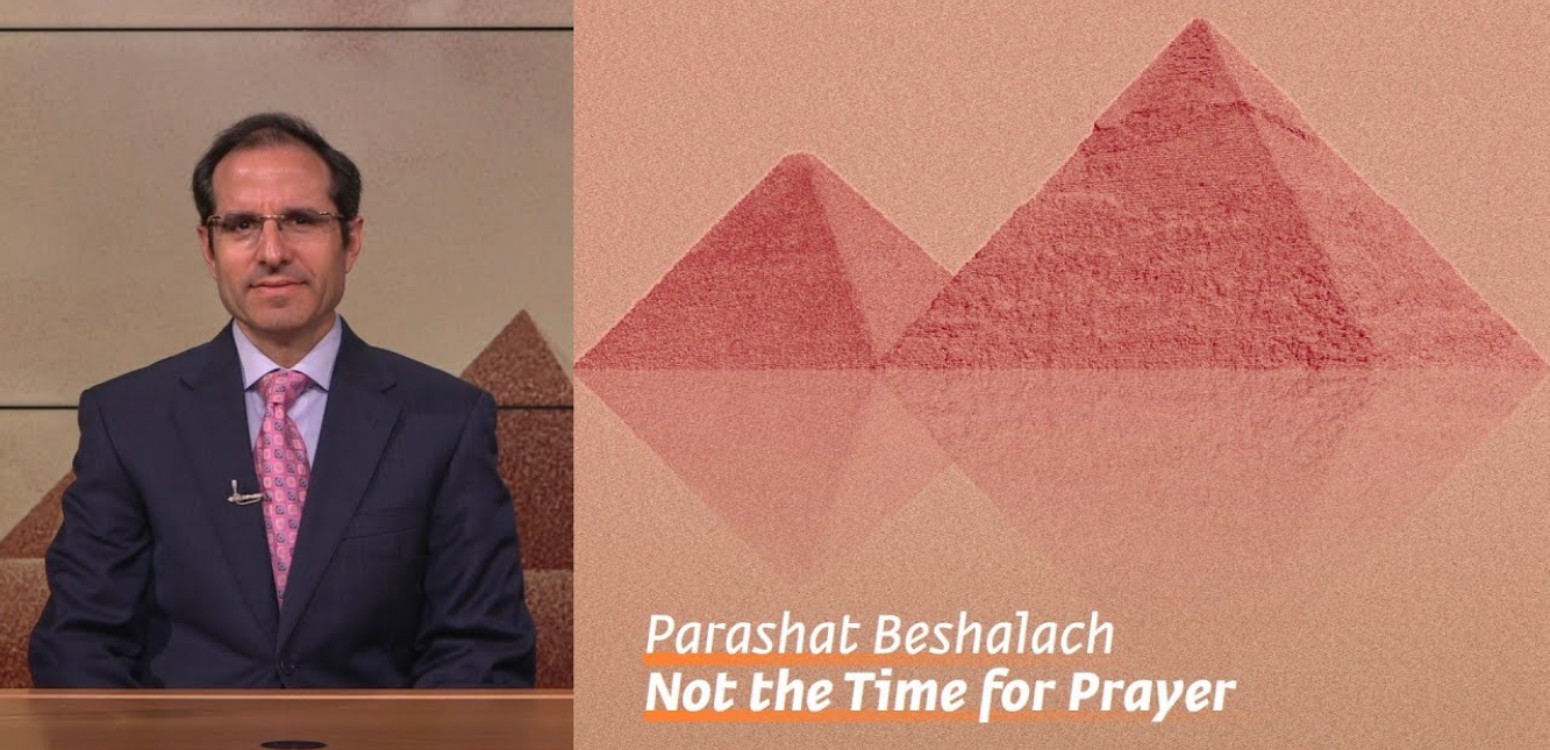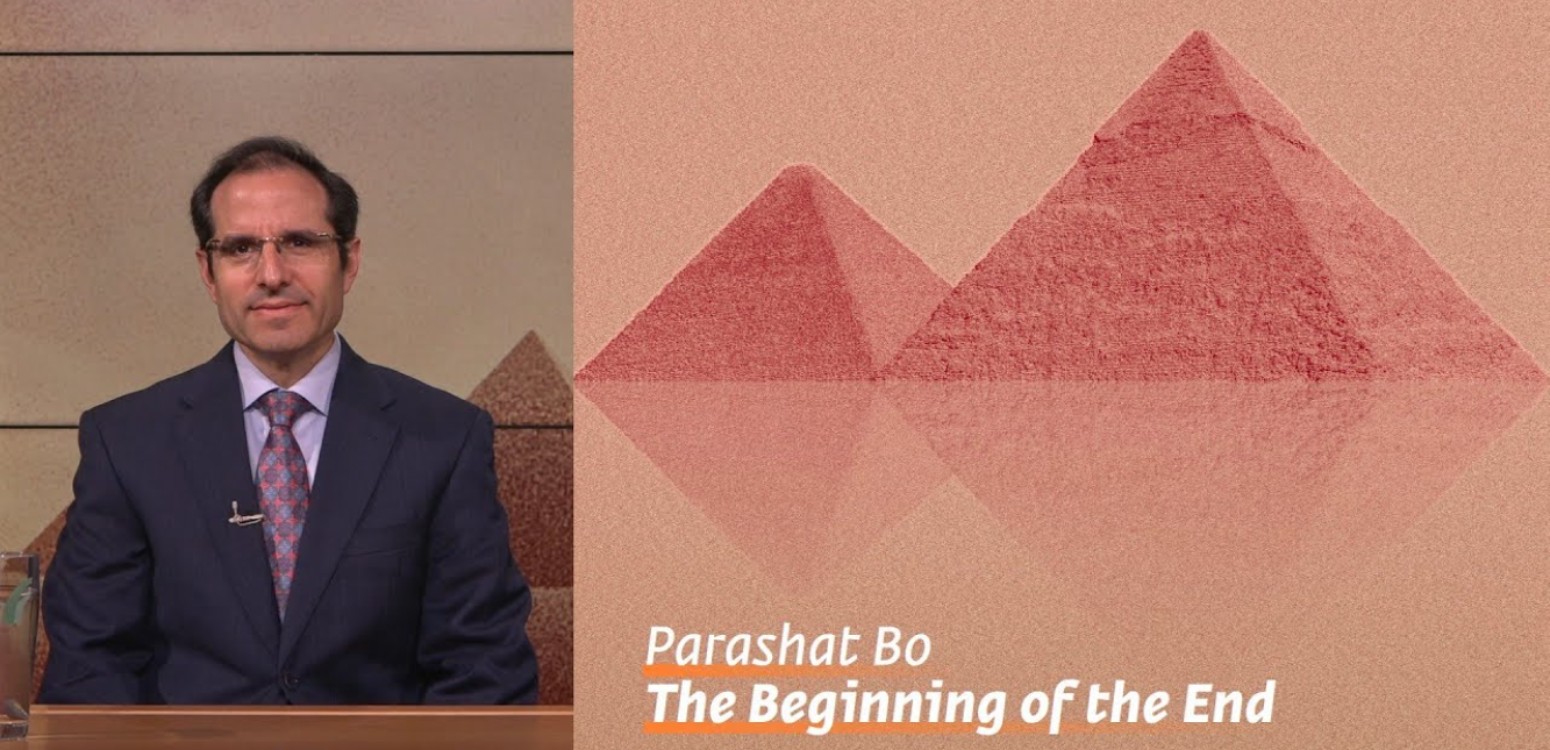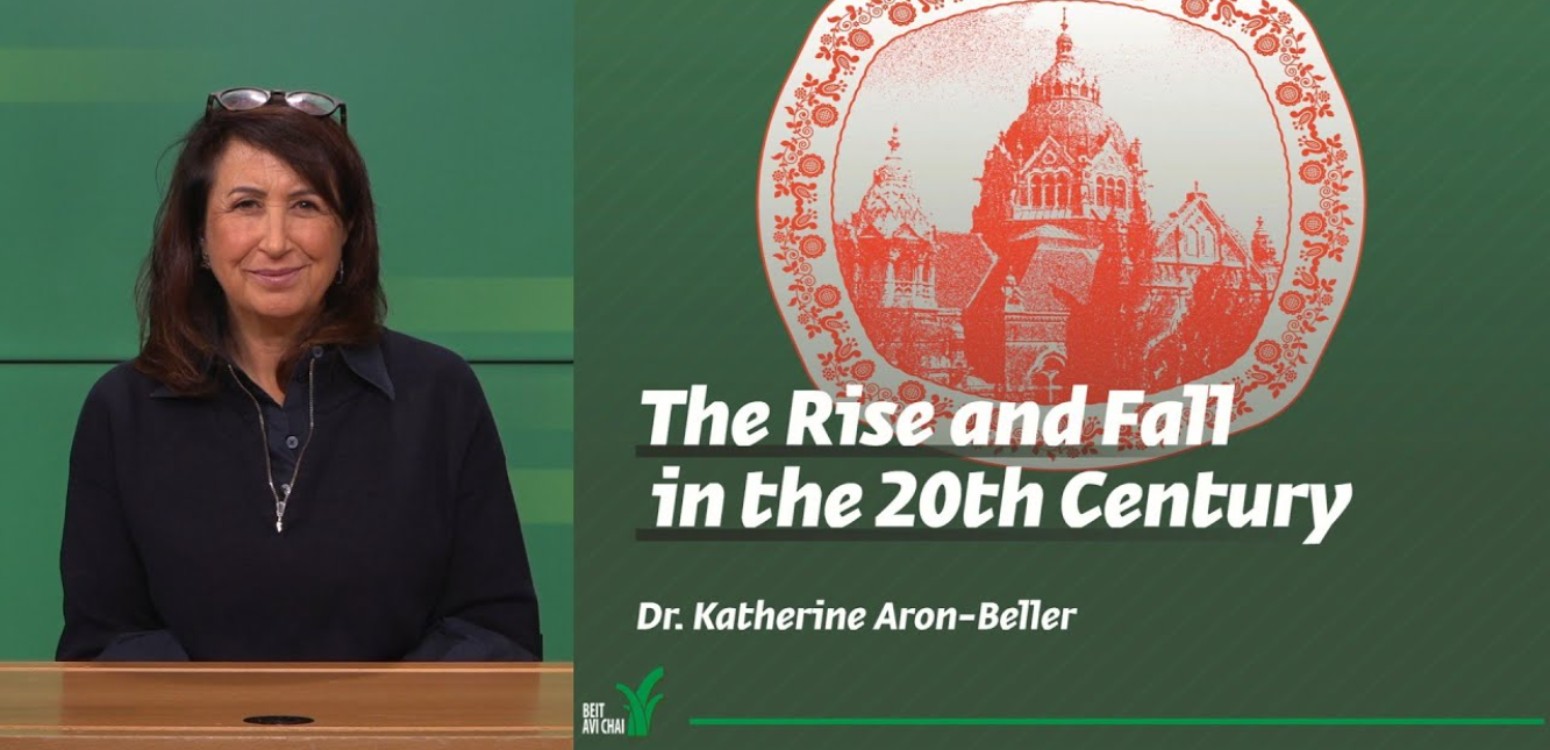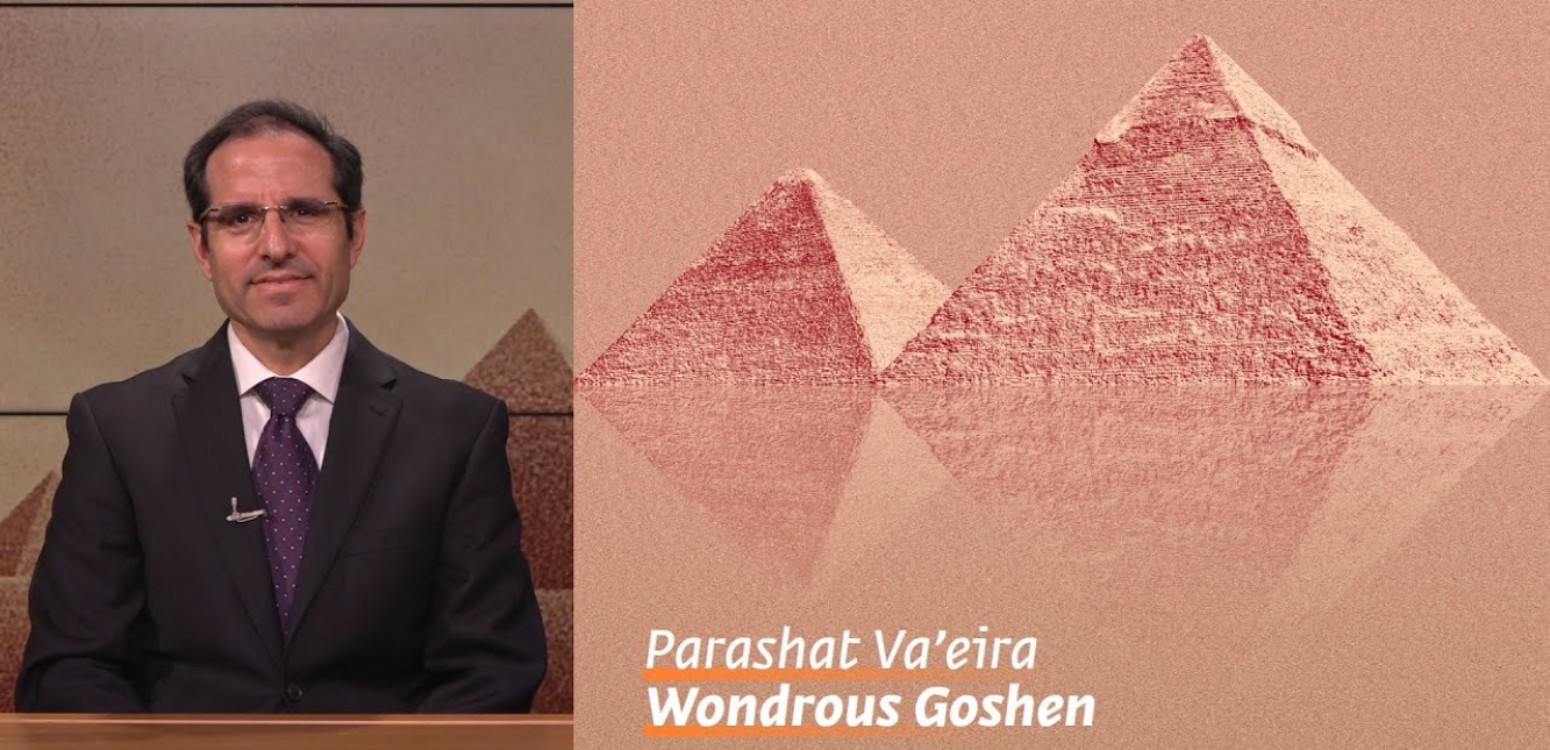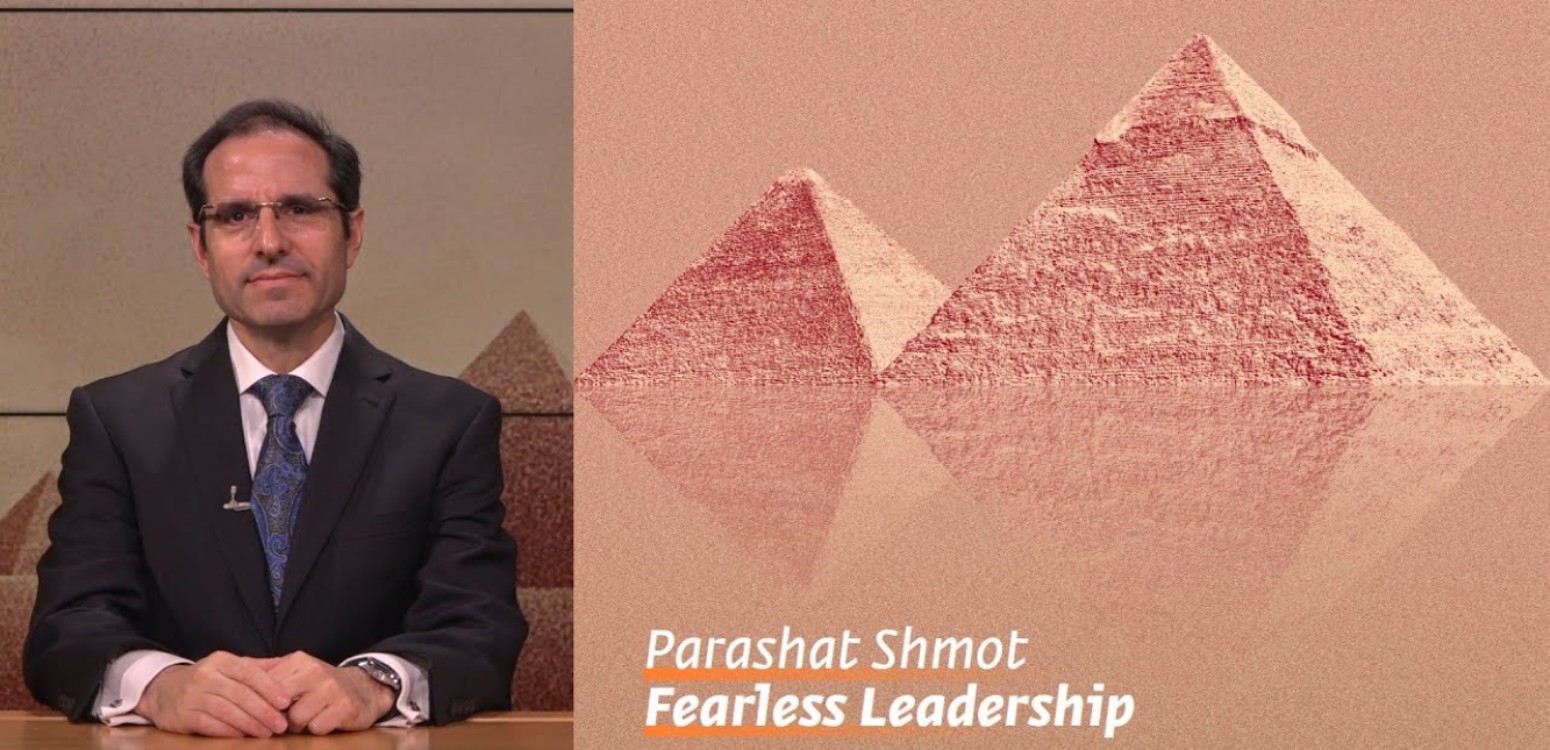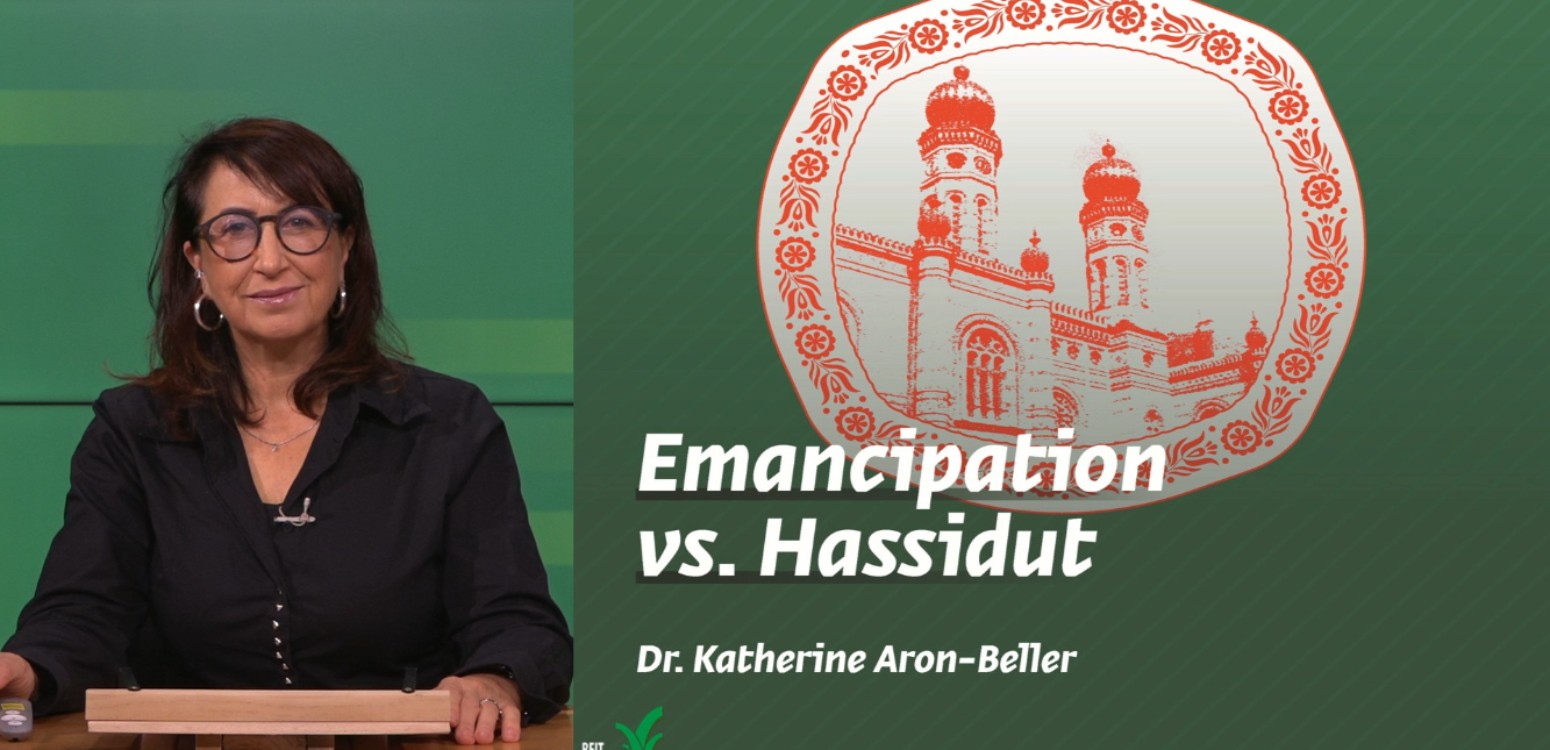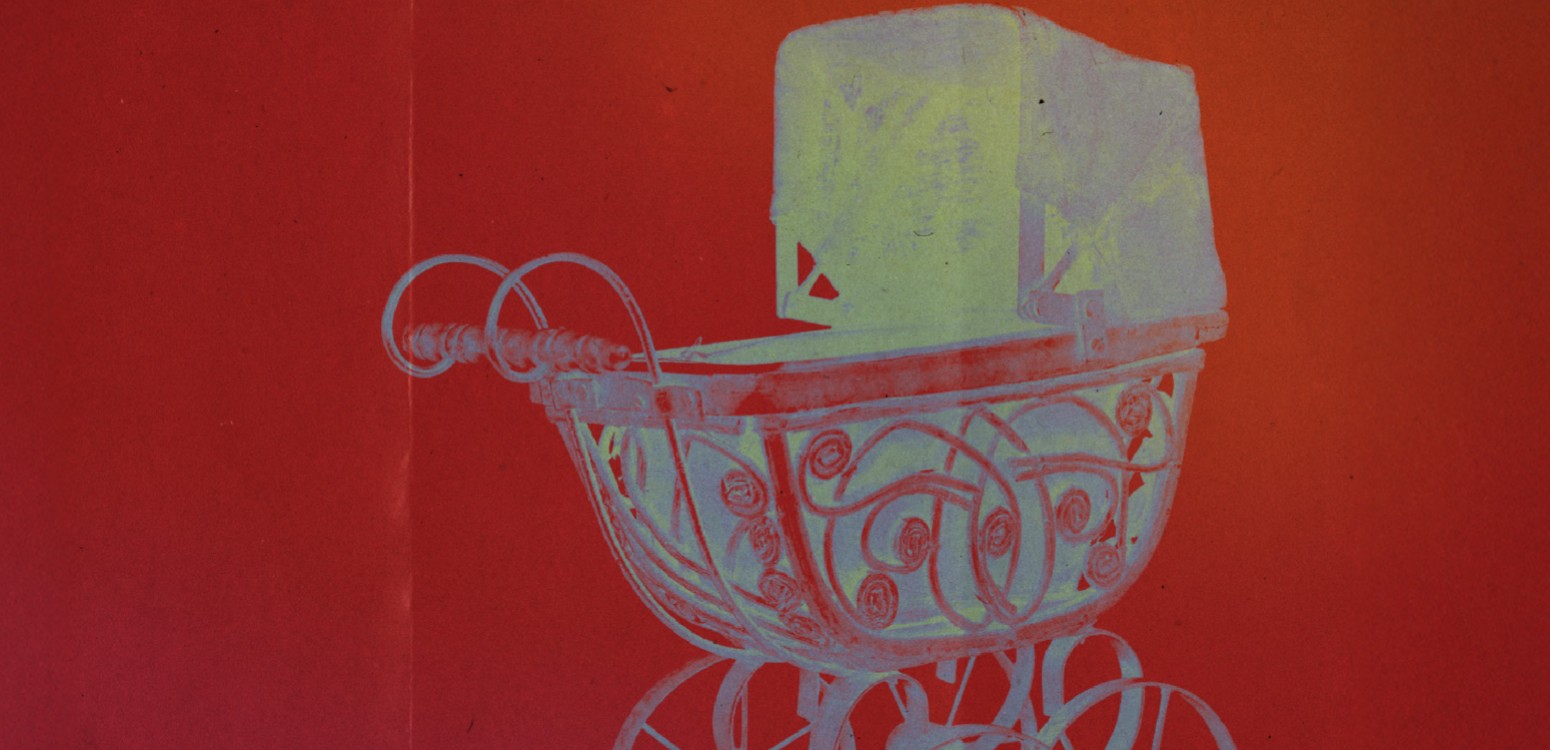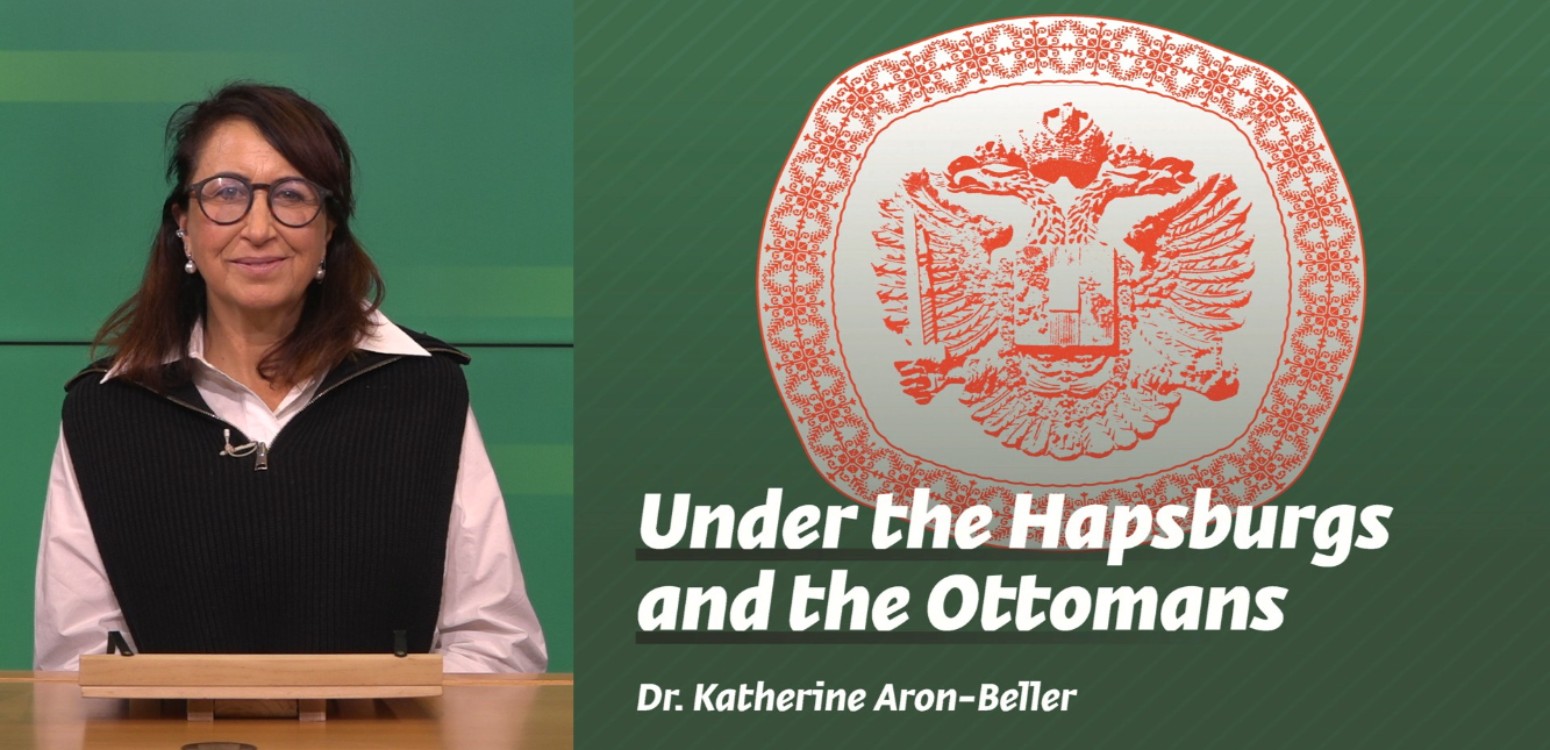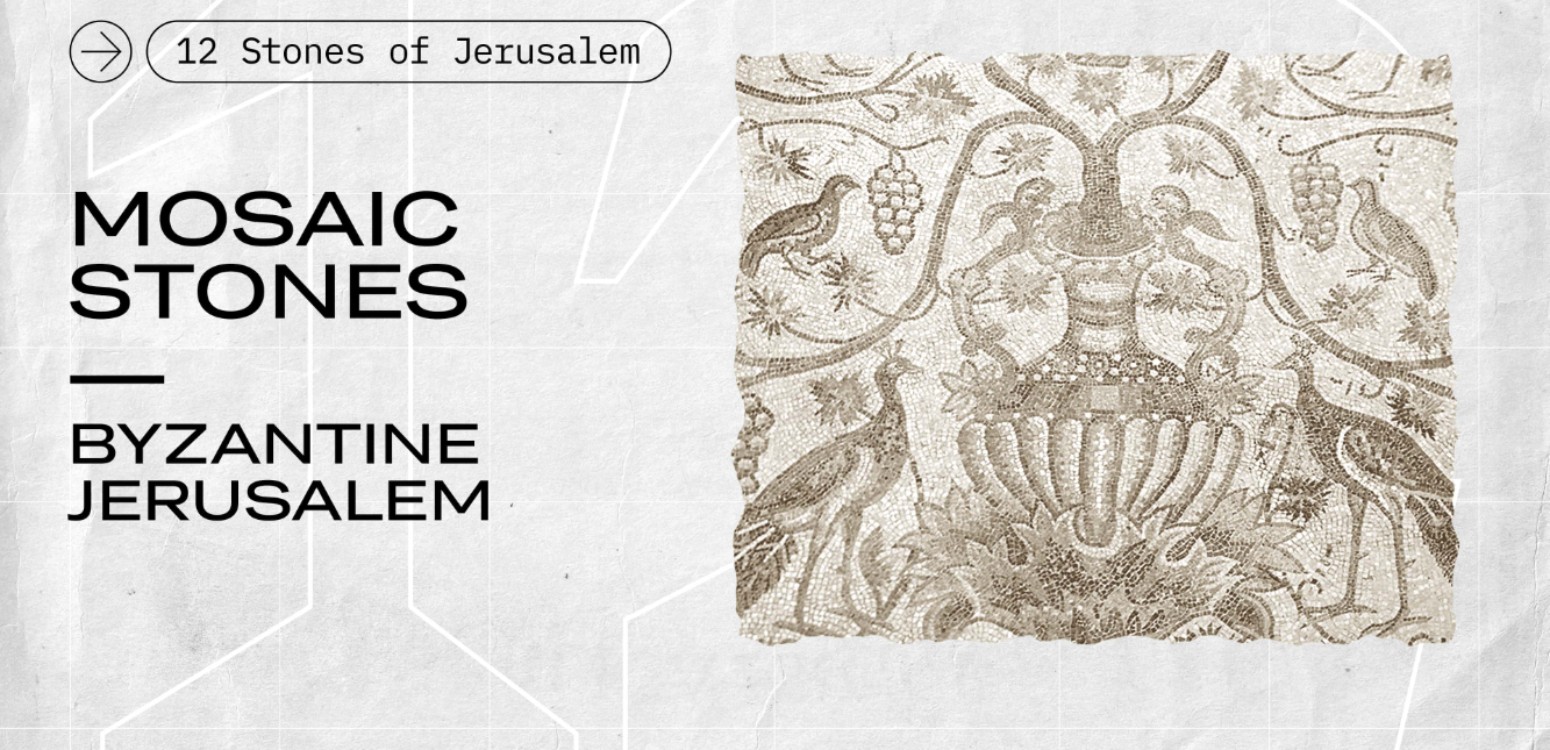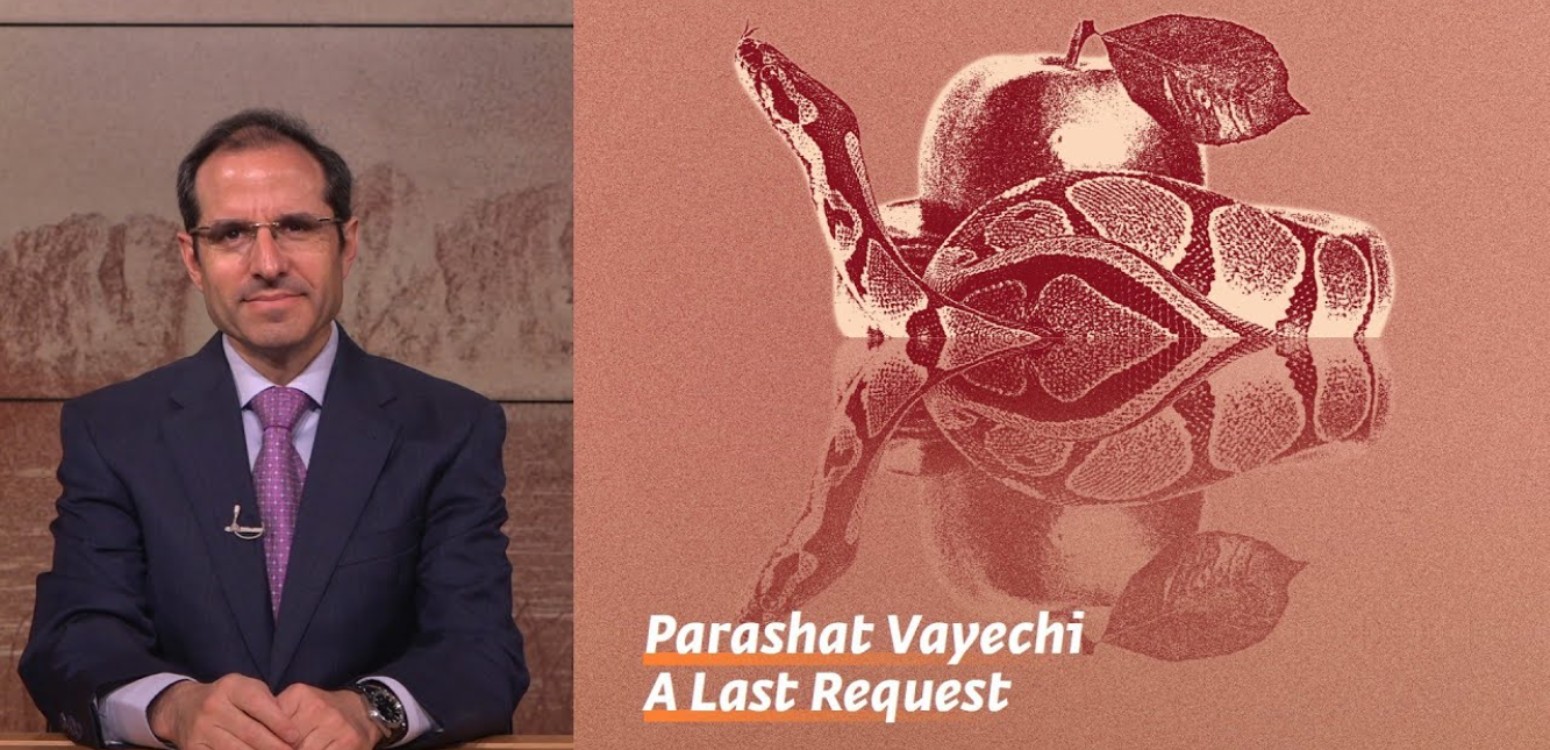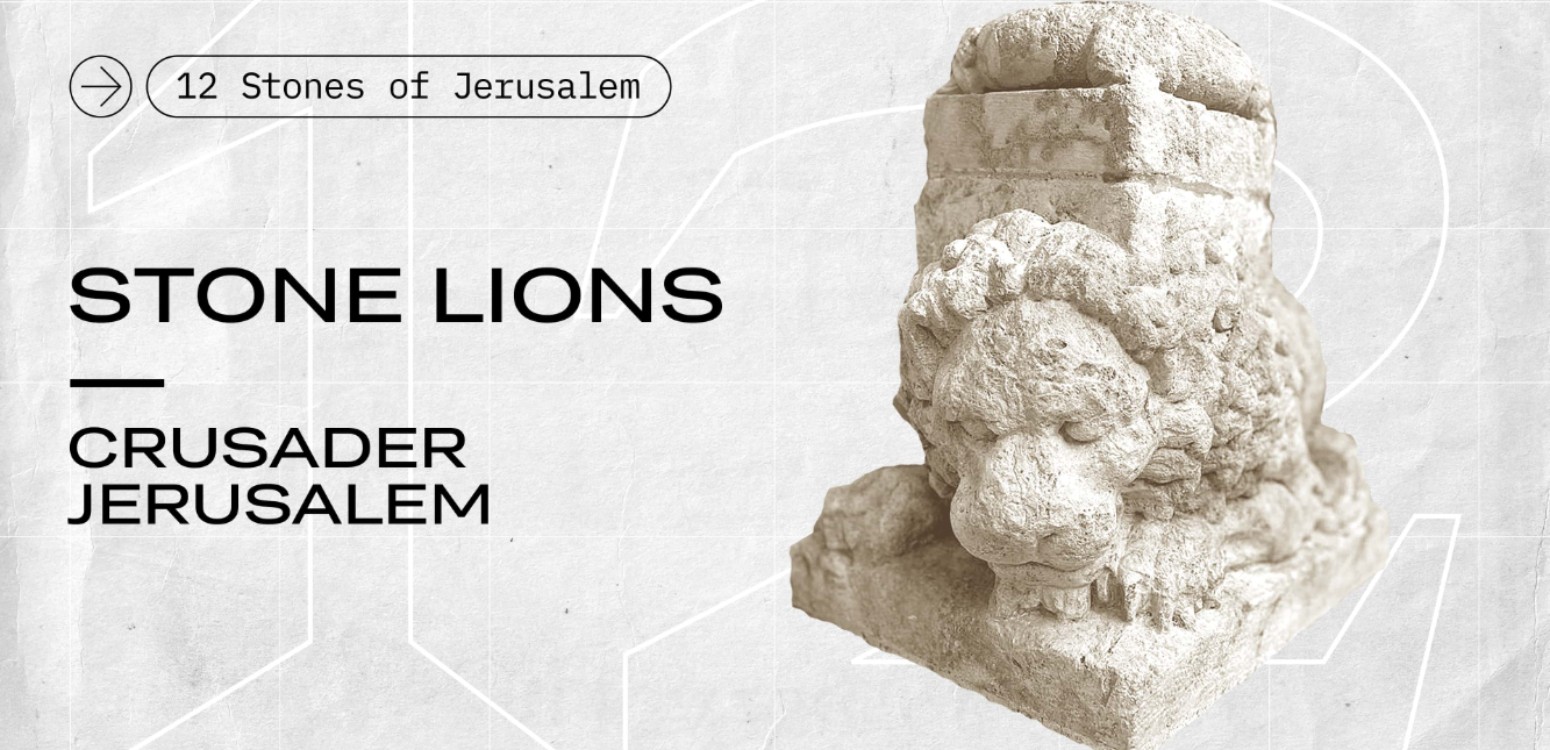
Sholem Rabinovich was born on March 2, 1859 in Pereiaslav, east of Kyiv, in the Pale of Settlement, Russian Empire. Raised by a pious but modernizing father, he spent his childhood in the nearby shtetl of Voronkiv, which he would later use as a prototype for his fictional town of Kasrilevke. His first literary language was Russian, in which he wrote The Jewish Robinson Crusoe. After completing his formal education, he worked as a Russian tutor and served briefly as a government-appointed “crown rabbi”, in the town of Luben.
Rabinovich belonged to the first generation of Russian-Jewish intellectuals who made their name in the press. Thus, it was in the pages of the only Yiddish newspaper in Tsarist Russia, the יוּדישעס פאָלקסבלאַט (The Jewish People’s Paper) that he made his appearance as “Sholem Aleichem,” Mr. How-Do-You-Do. Between 1883-1890, he lived with his wife Olga, the daughter of a wealthy merchant and the mother of his six children, in Kyiv, depicted in his writing as Yehupetz. During this period, Rabinovich spent his days trading stocks and his late afternoons and evenings writing novels and satiric sketches.
In 1890, Rabinovich lost his fortune, moved his family to Odessa, then back again to Kyiv, but never regained his economic stability and social standing. “Fun Sholem-Alekhem,” he wrote, “iz gevorn olev-hasholem”; “From Mr. How-Do-You Do I became Mr. Has-Been.” Instead, he threw all his energies into Yiddish literature and turned the subject of personal defeat and financial disaster into the substance of his writing.
In 1905, in the wake of the pogrom in Kyiv that he personally witnessed, Sholem Aleichem left Russia never to return, except on speaking tours, and for the rest of his life shuttled between East and West, cities and spas. Thinking of taking the American Yiddish Theater by storm, he suffered another major disappointment in 1906-1907, and vowed never to return to the United States. While on a triumphant tour to Russia, Sholem Aleichem suffered a near-fatal attack of lung disease, and while recuperating in Nervi, Italy, composed his own epitaph. By this point, Sholem Aleichem had become the most beloved Jewish writer of all time, and the entire Yiddish-speaking world mobilized on behalf of the ailing author.
The outbreak of the First World War caught Sholem Aleichem in Berlin, where he was trying his luck at silent movies and suddenly found himself labeled a foreign alien. With the help of influential admirers, Sholem Aleichem and family relocated to New York.
Sholem Aleichem was the Jewish greatest comic writer of all time. Through his novels, short stories, travelogs, monologues, comedies, autobiography and a few poems that became folk songs, Sholem Aleichem transformed the modern Jewish experience into a comedy of exile and homecoming. Translated extensively into Hebrew, Russian, Ukrainian and English, he is revered by Jewish readers the world over. And of course, through the medium of the Broadway musical, his Tevye became the iconic figure of the comic patriarch.
Sholem Aleichem died on May 13, 1916 in New York City at the age of 57 and was buried in Old Mount Carmel Cemetery in Queens. The New York Times reported that over 100,000 people attended his funeral procession, one of the largest that New York City had ever seen.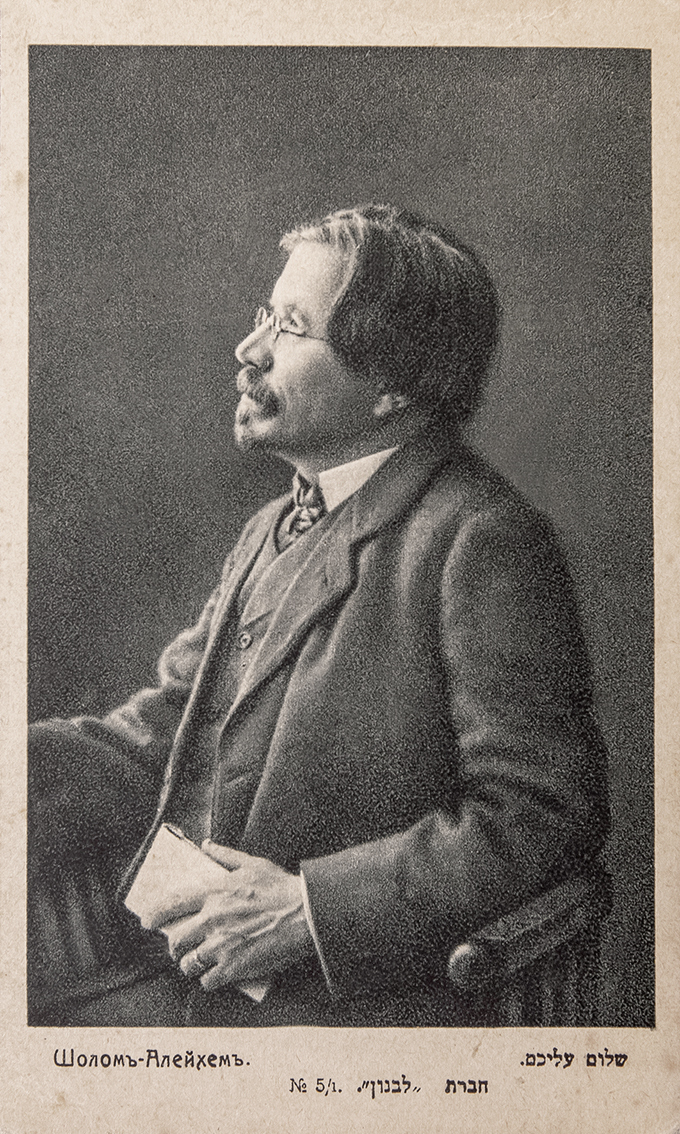
Here lies a simple-hearted Jew,
Whose Yiddish womenfolk delighted;
And all the common people, too,
Laughed at the stories he indited.
Poked fun at life as but a jest,
Laughed up his sleeve at all that mattered;
When other men were happiest,
Alas, his heart was bruised and shattered.
Most often when his audience
Applauded and was laughter-ridden,
He ailed, which God's omniscience.
Alone remarked. He kept it hidden.
Written by Sholem Aleichem in 1908
Translated by Isidore Goldstick, Sholom Aleichem Panorama, edited Melech Grafstein, Toronto, 1948
Also at Beit Avi Chai




